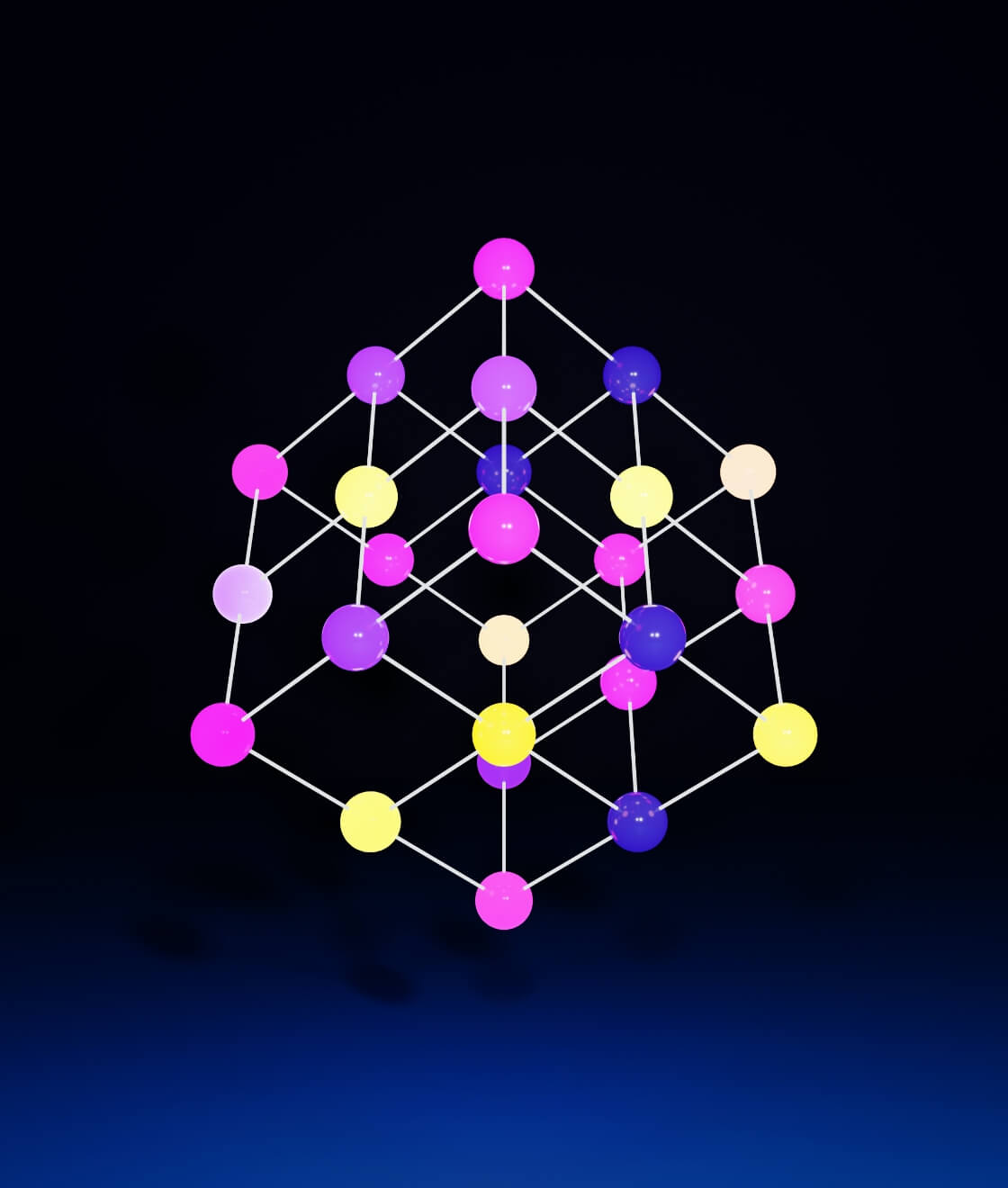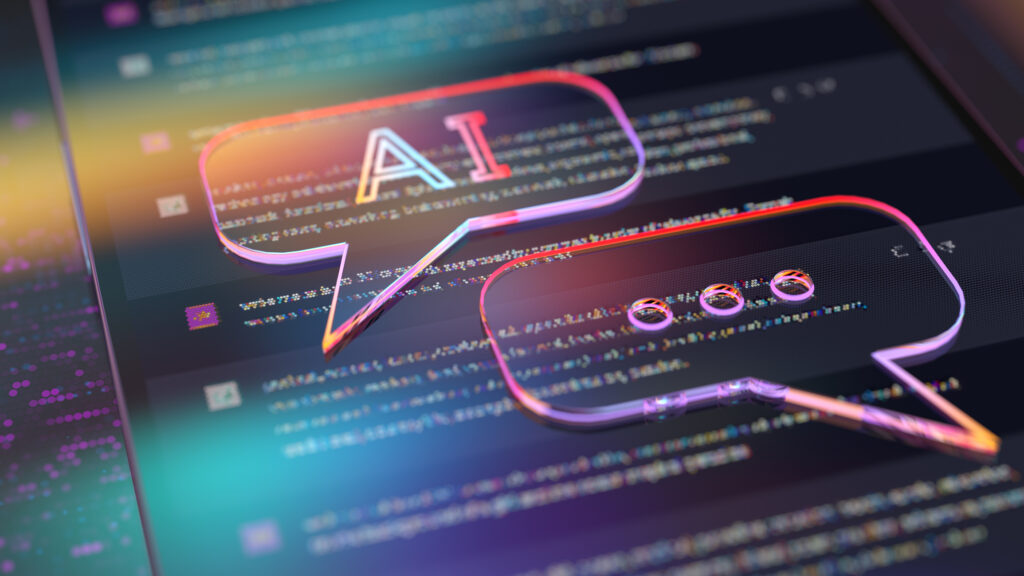
AI for a change
Artificial Intelligence (AI) represents a pinnacle of human ingenuity, encapsulating the quest to imbue machines with the cognitive faculties akin to human intellect. At its core, AI is a branch of computer science dedicated to creating systems capable of performing tasks that typically require human intelligence. These tasks encompass a broad spectrum, including language understanding, decision-making, pattern recognition, and creative endeavors.

The journey of AI began in the mid-20th century, propelled by the visionary minds who believed in the possibility of machines that could think. Over the decades, AI has evolved from rudimentary algorithms capable of playing chess to sophisticated neural networks that mimic the neural pathways of the human brain, enabling machines to learn from data and improve over time. This evolution has been supported by exponential advances in computational power and the availability of vast amounts of data, collectively known as big data.
AI technologies have woven themselves into the fabric of everyday life, revolutionizing industries and reshaping the human experience. In healthcare, AI algorithms analyze medical images with precision that rivals, and sometimes surpasses, human experts, facilitating early disease detection and personalized medicine. In the realm of transportation, autonomous vehicles equipped with AI navigate complex environments, promising a future where roads are safer and traffic is efficiently managed.


